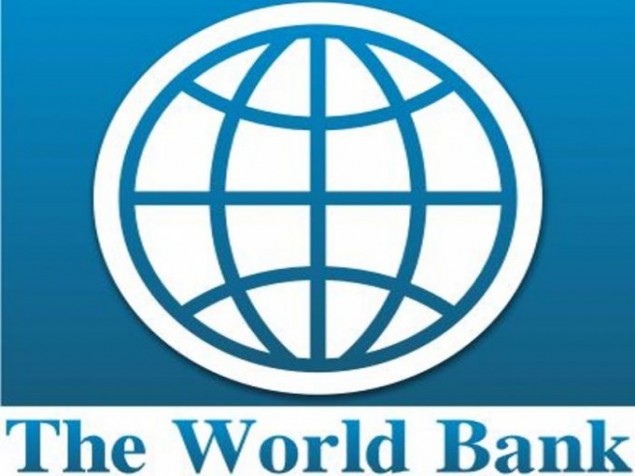12/06/2015 |
Sees GDP rising 1.1% this year, up from 0.3% drop it anticipated in January.
The World Bank is optimistic about the outlook for the Argentine economy, predicting the country’s GDP will grow 1.1 percent this year — a considerable upgrade from the decline of 0.3 percent it expected in January — and perhaps even stronger growth of 1.8 percent in 2016 and of three percentage points in 2017, thanks to a “stronger” macroeconomic environment and “regained” access to international capital markets.
The positive outlook for the country is in contrast with the general trend as the global development lender decided to cut its world growth outlook for this year and urged countries to “fasten their seat belts.”
In the Global Economic Prospects report unveiled yesterday, the World Bank warned countries need to adjust to lower commodity prices and a looming rise in United States interest rates.
“In Argentina, modest growth was led by government consumption, while double-digit inflation rates weighed on private consumption, and weak soy bean prices dented export earnings. A sovereign rating downgrade dampened investor confidence,” said the World Bank in its report.
As well as improving the outlook for 2015, the World Bank increased its Gross Domestic Product (GDP) estimates for the country for 2016 by 0.2 percent, while pegging back the outlook for 2017 by 0.1 percent. The agency said economic activity “will pick up” in the next two years due to a “stronger macroeconomic environment and regained access to international capital markets.”
A record soy harvest in Argentina was noted by the World Bank, which helped to overcome the decline in the price of commodities through the second half of 2014 and so far this year. The report said the country saw a “negative impact” of the credit rating downgrade to selective default in July of last year due to the conflict with the holdouts funds, while highlighting the “persistent” nominal depreciation of the peso against the US dollar.
Still, the World Bank was not short of criticism, including Argentina among the countries that “fall short of best practises to create a business environment conductive to productive growth,” saying that impediments to structural productivity growth was “significantly” above average in Argentina, Russia and Venezuela. Removing such barriers could “spur productivity” in the three countries, according to the report.
The high inflation in some of the largest economies of Latin America was also mentioned as a concernsby the World Bank, noting that 65 percent annual inflation in Venezuela as a particularly flagrant example.
The 2015 growth forecast for developing countries was cut to 4.4 percent by the World Bank, from 4.8 percent in January, pointing to the knock-on effects of anticipated recessions in Brazil. The South American giant’s economy is expected to drop this year 1.3 percent instead of the two percentage point growth mentioned in January’s report. Dilma Rousseff’s administration is expected to recover slowly with 1.1 percent GDP growth in 2016 and two percentage points in 2017.
Venezuela is expected to continue contracting in 2015 (5.1 percent) and 2016 (one percent), before recovering in 2017 (1.1 percent). The World Bank said activity contracted in 2014 due to the oil price plunge and warned over the “rampant inflation, the disorderly currency market and the pervasive price controls, which have created widespread shortages of consumer items and intermediate goods.”
World expectations
The World Bank predicted in its bi-annual report that the world economy would expand 2.8 percent this year, less than its three percent prediction in January. Low commodity prices — especially the roughly 40 percent drop in international oil prices since last year — hurt commodity exporters more than anticipated, the report said, warning countries to prepare for higher US interest rates, which would raise borrowing costs for developing economies.
Kaushik Basu, the World Bank’s chief economist, said the US Federal Reserve should hold off on a rate hike until next year to avoid worsening exchange rate volatility and crimping global growth. Basu said lower commodities prices eventually should help global growth, and the World Bank kept its global growth forecasts unchanged for next year and 2017.
“We at the World Bank have just switched on the seat belt sign,” Basu said in a press conference in Washington. “We are advising nations, especially emerging economies, to fasten their seat belts.”
The report also lowered the growth outlook for the United States to 2.7 percent this year, from 3.2 percent in January, and to 2.8 percent next year, from a previous forecast of 3 percent. The US economy slumped at the beginning of 2015 due in large part to bad winter weather and deep energy sector spending cuts.
Source:
buenosairesherald.com
